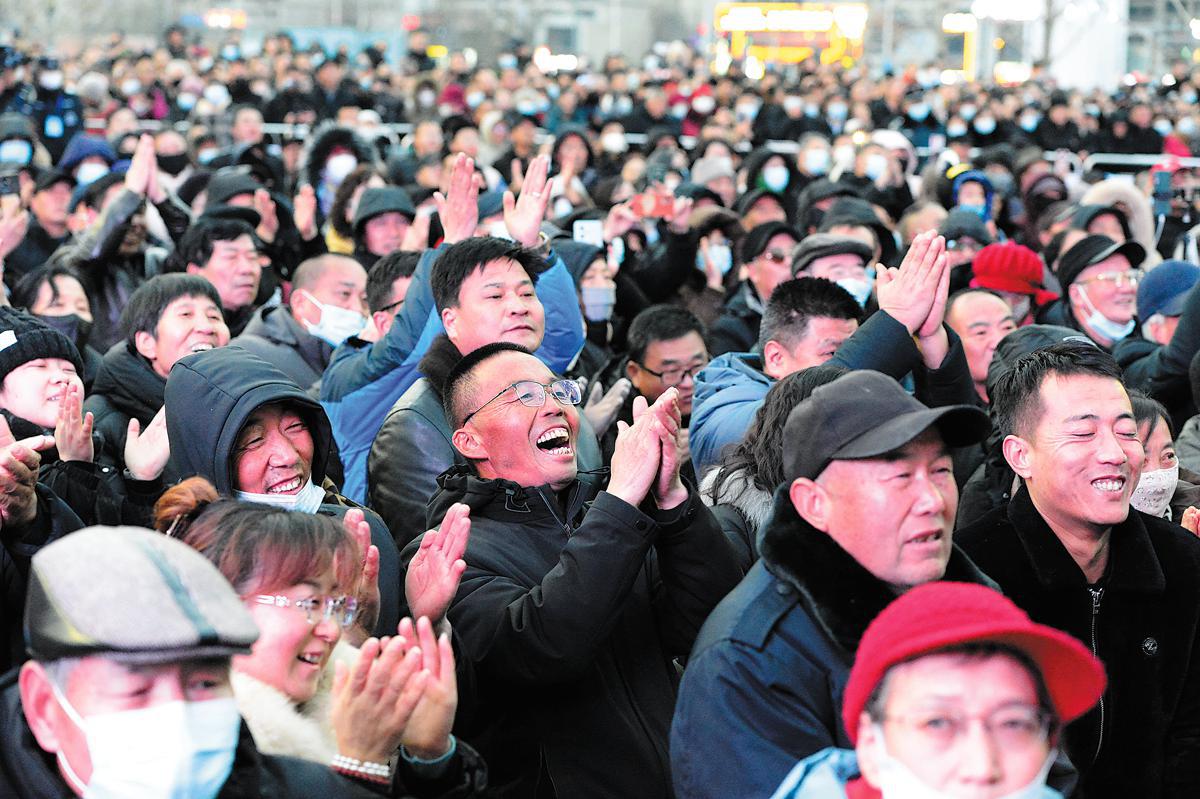

Like other traditional opera arts, Qinqiang Opera has long faced various challenges brought on by changing times.
In a 2014 report in Chinese Culture Daily, Liu Kuanren, then director of the Shaanxi provincial department of culture, said: "Although every county in Shaanxi has its own Qinqiang Opera troupe, one-third of them are actually defunct. Many actors struggle to make a living, and the situation of local opera troupes is concerning."
He also noted that there are many issues to consider for the inheritance and development of Qinqiang Opera.
Echoing Liu, An said: "There are over 3,000 Qinqiang Opera repertoires, but due to various reasons, only a few dozen are widely circulated. Without protection and proper transmission, many repertoires are at risk of being lost."
As an experienced Qinqiang actor who has dedicated himself to the art form since he was 12, An has played his part in revitalizing the show.
"Qinqiang Opera has been lukewarm for many for a long time. The main reason is that we've been following the same path, merely tracing the footsteps of our predecessors without innovations. So I thought, why not shake things up a bit," he said.
An and his troupe preserved the essence of classic plays while adjusting melodies and rhythms, such as slowing the pace of recitation and reducing some dialect elements. At the same time, the troupe incorporated effects from Western-style concerts, introducing elements such as smoke, snow and fire machines to create a more vibrant setting.
They expanded their orchestra to 40 members, incorporating Western music and rock elements to blend the ancient Qinqiang style with modern artistic expressions.
"We even considered adding elements like rap and DJs that young people like, allowing them to feel the rhythm on stage," he said.
"Many young people in the audience are now excited. They find the music beautiful," he added.